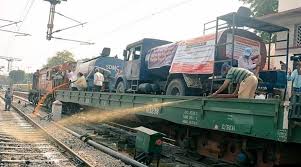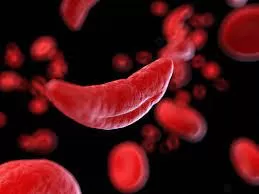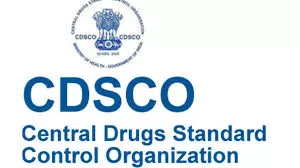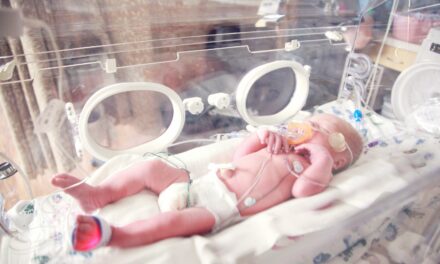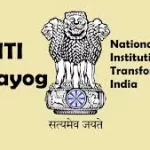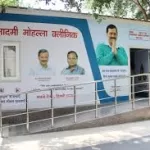There are 1080 Nutrition Rehabilitation Centres (NRCs) operational across the country. These NRCs provide medical and nutritional care of the admitted sick children with Severe Acute Malnutrition (SAM), including the tribal sick SAM children.
The government of India is taking some initiatives to reduce the mortalities due to malnutrition. Some of the key measures are as under:
- Nutritional Rehabilitation Centre: As per Operational Guidelines on Facility Based Management of Children with Severe Acute Malnutrition released in 2011, Nutrition Rehabilitation Centre (NRC) is a unit in a health facility where children with Severe Acute Malnutrition (SAM) are admitted and managed. The unit should be a distinct area within the health facility and should be in proximity to the pediatric ward/inpatient facility.
- Integrated Child Development Schemes (ICDS): Launched on 2nd October 1975, the Integrated Child Development Services (ICDS) Scheme is one of the flagship programmes of the Government of India, implemented by the Ministry of Women and Child Development. It is the foremost symbol of the country’s commitment to its children and nursing mothers, as a response to the challenge of providing pre-school non-formal education on one hand and breaking the vicious cycle of malnutrition, morbidity, reduced learning capacity and mortality on the other. The beneficiaries under the Scheme are children in the age group of 0-6 years, pregnant women and lactating mothers.
The ICDS Scheme offers a package of six services, viz. (a) Supplementary Nutrition (b) Pre-school non-formal education (c) Nutrition & health education (d) Immunization (e) Health check-up and (f) Referral services. The last three services are majorly related to health and are financially and technically supported by Ministry/Department of Health and Family Welfare implemented through the State.
- Poshan Abhiyan is a multi-ministerial convergence mission with the vision to ensure the attainment of malnutrition-free India by 2022. The objective of POSHAN Abhiyaan to reduce stunting in identified Districts of India with the highest malnutrition burden by improving utilization of key Anganwadi Services and improving the quality of Anganwadi Services delivery.
The Ministry of Women and Child Development (MWCD) is implementing POSHAN Abhiyaan in a phased manner. There are a number of schemes directly/indirectly affecting the nutritional status of children (0-6 year’s age) and pregnant women and lactating mothers.
- Infant and young child feeding practices: GOI has released a guideline on Infant and young child feeding practices to improve cognitive development, enhance weight gain and to prevent malnutrition among children. As per the guidelines for enhancing optimal infant and young child feeding practices 2013 which includes practices of initiating breastfeeding within one hour of birth, exclusive breastfeeding for the first 6 months of life, initiation of appropriate complementary feeding from the age of 6 months, continued breastfeeding for 2 years and beyond.
Outpatient services are also provided, outpatient services of public health facilities comprising of:
- Antenatal clinic
- IYFC counseling centre
- Sick child consultation in the outpatient department
- Kangaroo Mother Care (KMC) and optimal feeding of low-birth-weight infants: Public health facilities encourage for Kangaroo Mother care and optimal feeding of low-birth-weight infants- As per Operational guidelines on Kangaroo Mother care and optimal feeding of low-birth-weight infants 2014, KMC is associated with reduced incidence of severe illness including pneumonia during infancy. In most of the studies, KMC has been found to be more effective than incubator care for stable newborns in providing adequate thermal care, reducing nosocomial infections, improving exclusive breastfeeding and weight gain, and fostering greater maternal and family involvement in care.
The Union Minister of State for Health and Family Welfare, Dr. Bharti Pravin Pawar stated this in a written reply in the Lok Sabha today.


